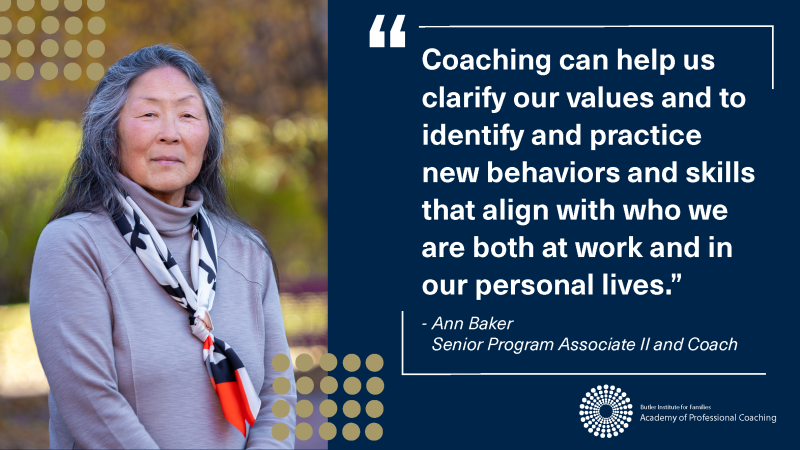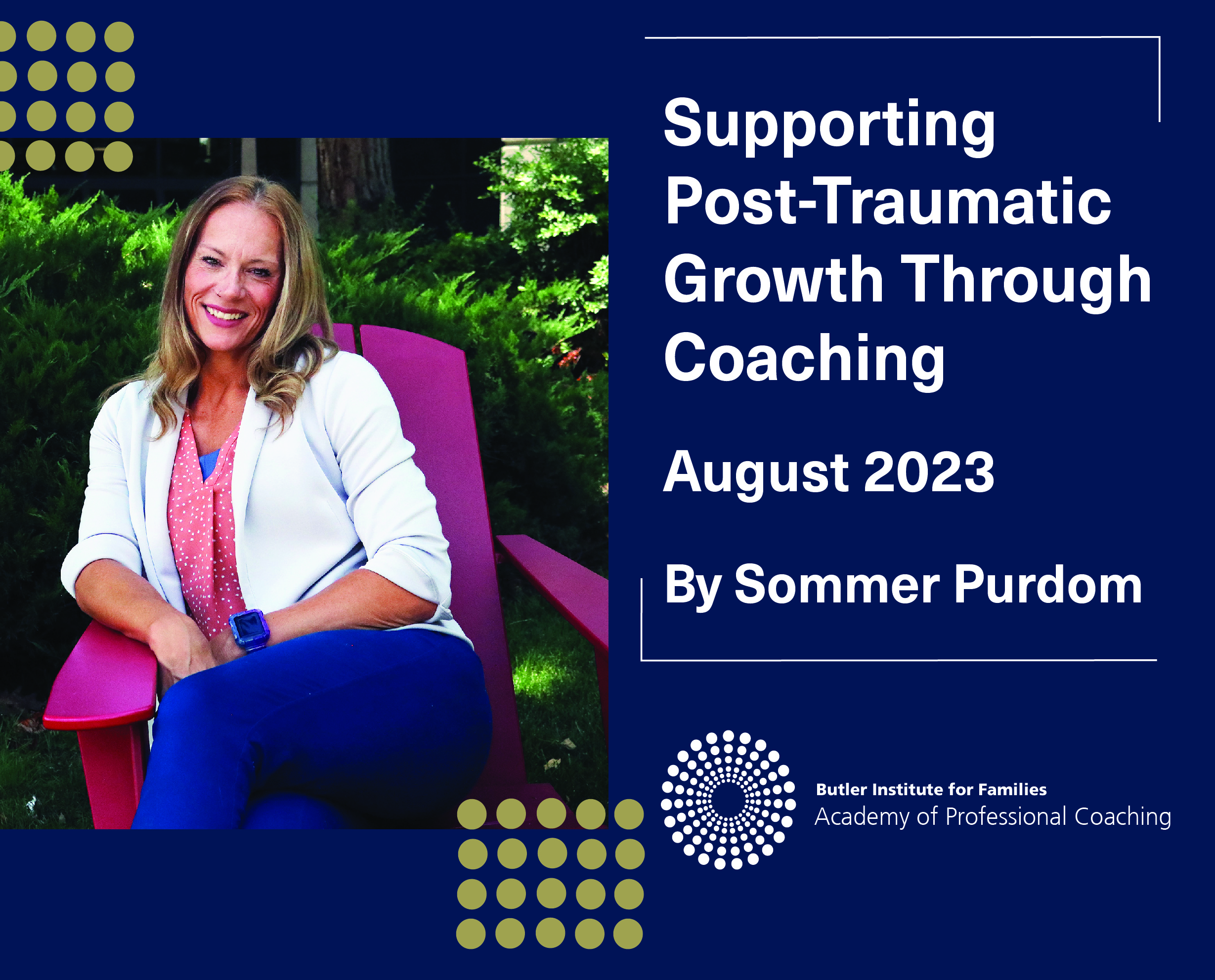We have come to associate this time of year with new life, new growth and new beginnings. I love to garden, so I’m eager to get outside to rake up dried leaves and the rotted vegetables that didn’t survive last fall’s early frost. It’s exciting to uncover a pile of composting debris to find a new green shoot of raspberry or mint poking its way through the soggy soil, finding its way to the sun.
During a recent leadership training, a colleague shared the word marcescence with the participants. A "term most commonly associated with plant leaves," marcescence is “…the withering and persistence of plant organs that normally are shed.” My colleague explained that, in the fall, leaves will dry and wither but hang on for a while to protect the tiny bud growing underneath until this new life can survive on its own. In other words, the leaf hangs on until new growth has begun and it is safe to “let go” and fall to the ground to become part of the compost for the following season of growth.
Being a gardener, this process of marcescence speaks to me as a metaphor for life. It lets me know it’s okay to hang on to things for a while as self-protection, and then, when it’s safe, there comes a time to let stuff go.
We’ve all heard the adage that doing the same thing over and over expecting a different result is insanity, yet we’ve all had repetitive behaviors we apply to a situation, telling ourselves, “…well, maybe this time will be different.” Alas, the same thing always seems to happen, but we are reluctant to let go of old behaviors and try something new.
Maybe that same thing we do (or don’t do) over and over is an adaptive behavior we learned in an earlier version of ourselves. Maybe that something served us well, and like the withered leaf, was protecting something underneath. Maybe we learned to be “seen but not heard” or to placate others to keep the peace or not create conflicts.
Being afraid to speak up or always doing what others want are not problem-solving skills in most of today’s fast-paced work environments. Not speaking up about something that is contrary to a deeply held value or belief or something that creates an ethical or moral dilemma creates cracks and crevasses in our work lives where the “weeds” at work (or in our personal lives) can proliferate.
We all get stuck in a rut sometimes, and it can be challenging to get ourselves out. Doing the same thing over and over expecting a different result can be what education professors Bob Kegan and Lisa Lahey call "immunity to change". Just like our physical systems develop an immune system to keep us healthy, we can create an immunity to changing an adaptive behavior that once served us well.
Developmental coaching is a way to understand our own process of marcescence, the letting go of something dried and withered that no longer serves our purpose to make room for new growth. Coaching can help us clarify our values and to identify and practice new behaviors and skills that align with who we are both at work and in our personal lives. A trained and certified coach assumes that all people are creative, resourceful and whole. Developmental coaching focuses on thoughts, assumptions, mindsets, beliefs, values and emotions that drive actions and behaviors. This kind of coaching effects change from within and is useful for adaptive changes/challenges. It takes time and often requires a broader shift, involving self-awareness and changes to day-to-day activities, strategies and preconceptions.
The Butler Institute for Families believes coaching is an ongoing process, centered on solution-oriented interactions designed to increase awareness, build capacity and achieve desired growth. If you are interested in learning more about developmental coaching, finding a coach or training to be a coach yourself, please follow the link for more information: https://socialwork.du.edu/butler/content/butler-coaching-collaborative
Even if you’re not a gardener or you hate being outside, you can still appreciate springtime and the freshness of life it has to offer. What new things do you want to cultivate in yourself in this season of spring?



